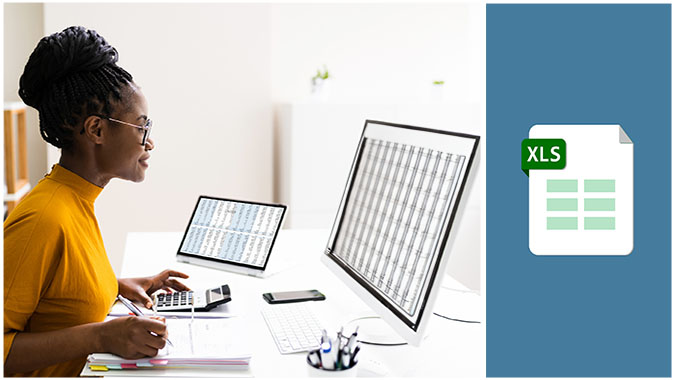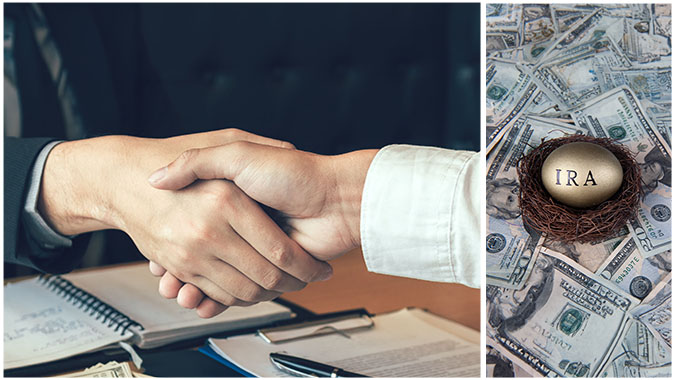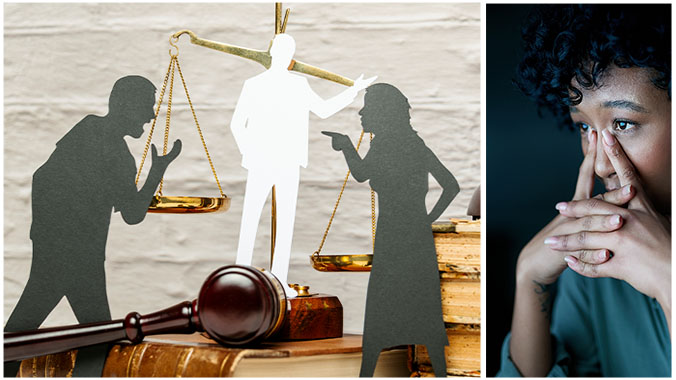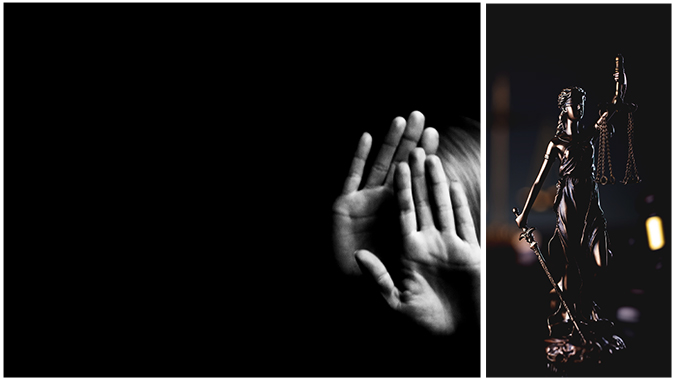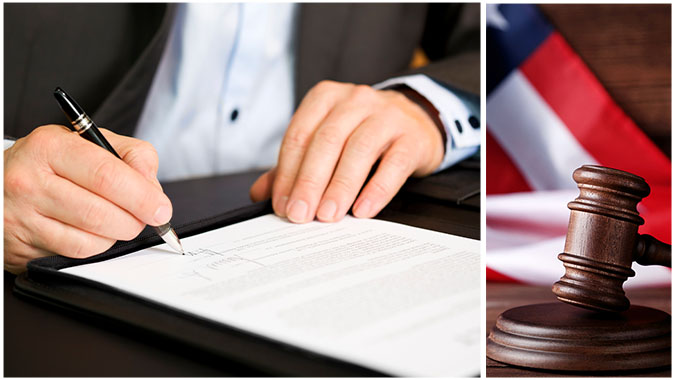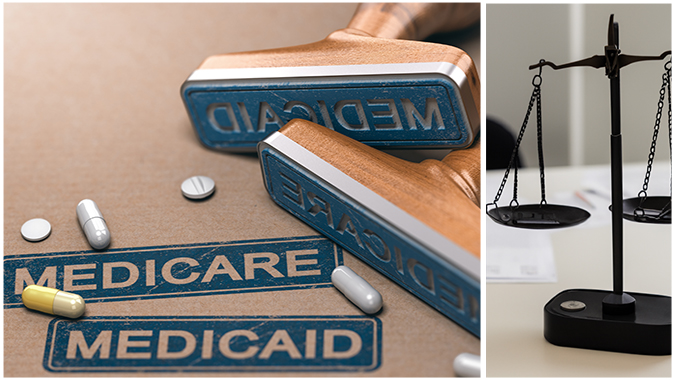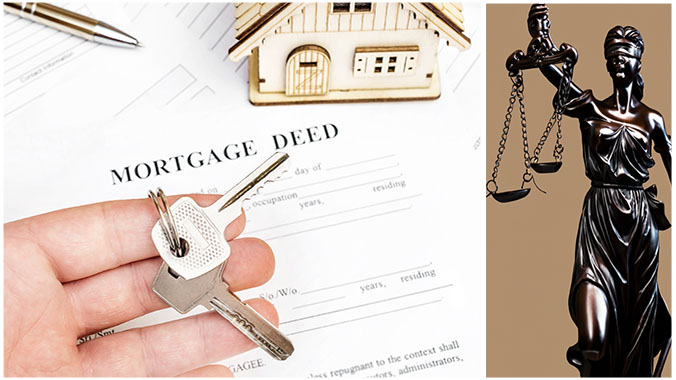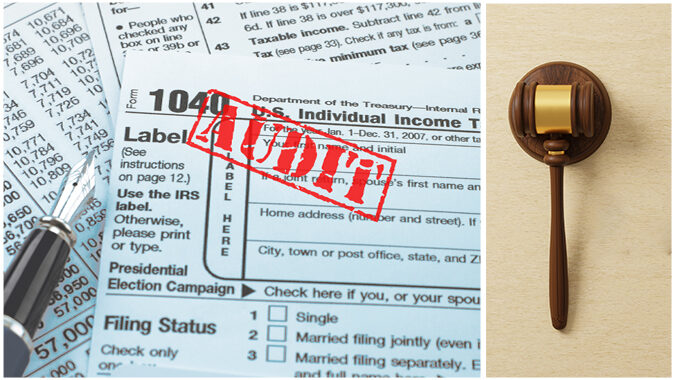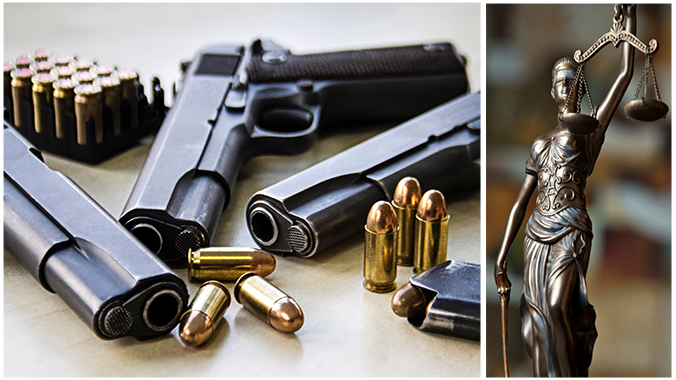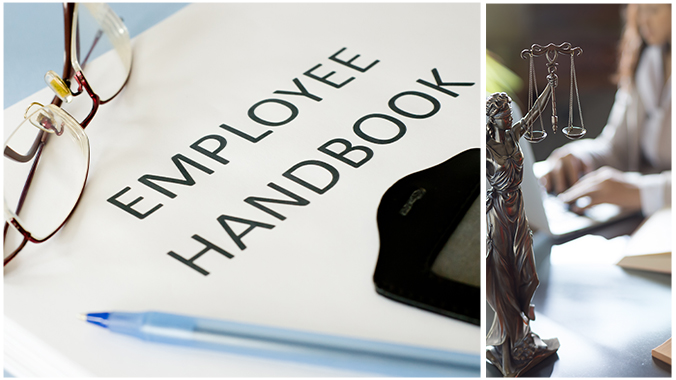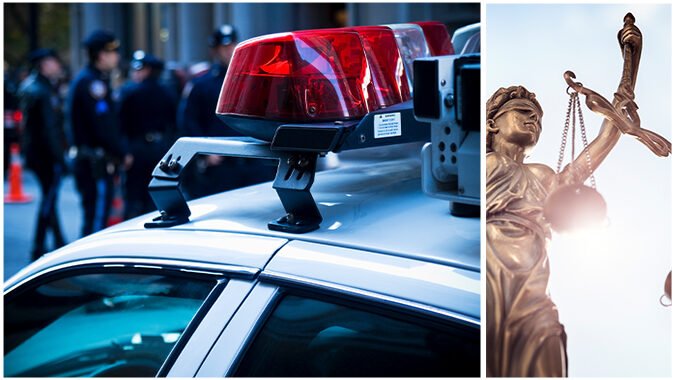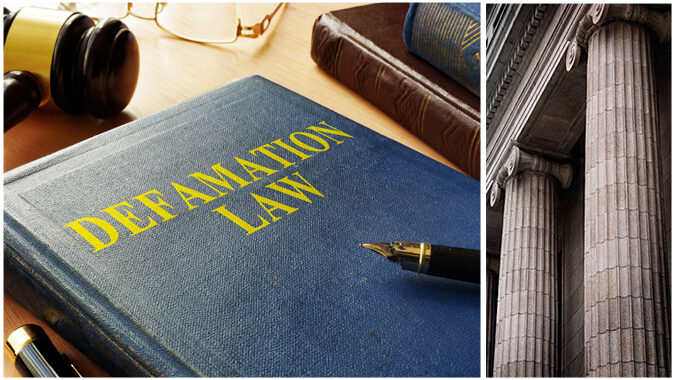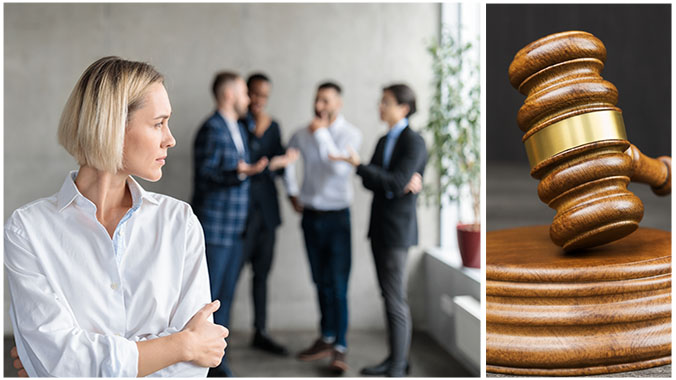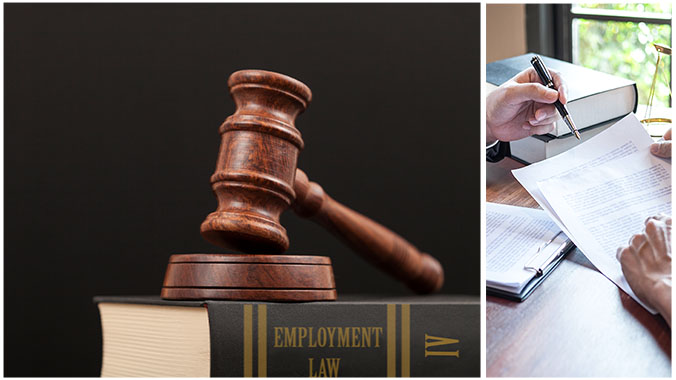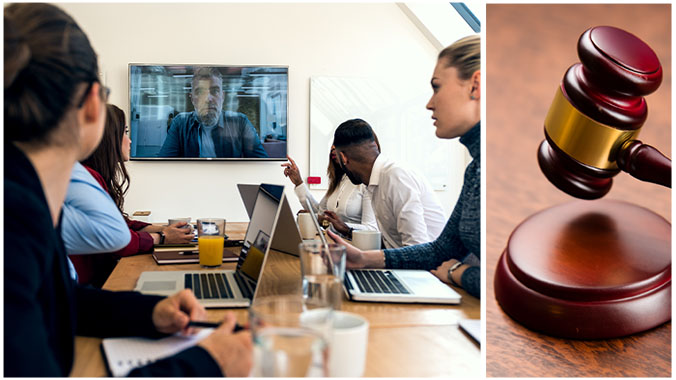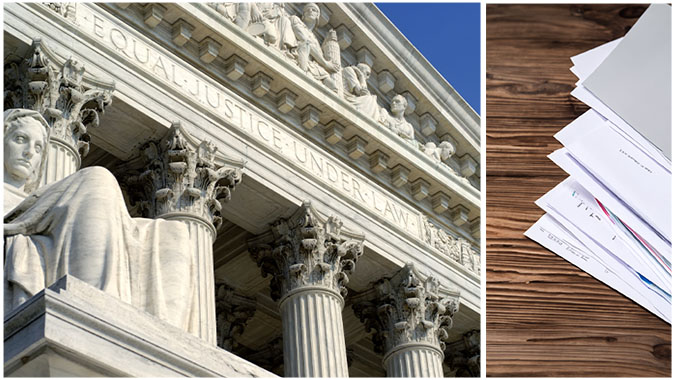Responding to a Rule 30(b)(6) Deposition Notice: What is a proper notice, objections, duty to prepare and defending the deposition
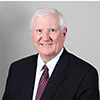
John C. (“Jay”) Maloney, Jr. is a partner in the law firm of Zuber Lawler LLP where he is General Counsel and is a trial lawyer and complex commercial litigator.

Jennifer Hurley McGay represents individuals and companies in both small and large complex commercial disputes in state and federal courts.
Subscribe to myLawCLEs All-Acces Pass...
Get this course, plus over 1,000+ of live webinars.
Learn More
MCLE Credit Information:
Select Your State Below to View CLE Credit Information
Tuition: $195
Training 5 or more people?
Sign-up for a law firm subscription plan and each attorney in the firm receives free access to all CLE Programs
Program Summary
The program will address how to respond to a Rule 30(b)(6) deposition notice, select and prepare witnesses for the deposition, as well as strategies for defending the deposition. Topics to be covered include, among others, what is a proper deposition notice, what are appropriate objections, the “meet and confer” requirement applicable when noticing a Rule 30(b)(6) deposition, the dangers of designating a lawyer as the witness, and how best to satisfy the duty to prepare a corporate representative for the deposition.
Key topics to be discussed:
- Critical aspects of Federal Rule of Civil Procedure 30(b)(6)
- Do not underestimate the importance of the noticed topics
- Amendment to Rule 30(b)(6)
- Selecting and preparing a corporate representative for deposition
- Common problems/issues
Date: January 17, 2023
![]() Closed-captioning available
Closed-captioning available
Speakers
 John C. (“Jay”) Maloney, Jr. | Zuber Lawler, LLP.
John C. (“Jay”) Maloney, Jr. | Zuber Lawler, LLP.
John C. (“Jay”) Maloney, Jr. is a partner in the law firm of Zuber Lawler LLP where he is General Counsel and is a trial lawyer and complex commercial litigator. His practice focuses on commercial disputes, pharmaceutical litigation, class actions, and international arbitrations. Prior to joining Zuber Lawler, Mr. Maloney was a partner for many years at Day Pitney LLP.
A Master of the Bench and President of the Worrall F. Mountain American Inn of Court in Morristown, New Jersey, Mr. Maloney has been a Trustee (Third Circuit) of the America Inns of Court Foundation. He has authored articles and participated in panel discussions on federal constitutional issues, the USA Patriot Act, military commissions, the attorney-client privilege, e-discovery, trial advocacy, the use of experts, federal procedural issues and corporate response to cybergriper for NJICLE, the American and New York Bar Associations, the American Law Institute, New Jersey Institute for Continuing Legal Education, the New Jersey Corporate Counsel Association and Fortune 100 corporations. He has also served on the faculty of the National Institute for Trial Advocacy (NITA) regional deposition and trial advocacy training programs in New York, New Jersey, Massachusetts, and the District of Columbia. His articles have appeared in Today’s General Counsel, the National Law Journal, the New Jersey Law Journal and New Jersey Lawyer.
A graduate of Fordham College, Mr. Maloney earned his M.A. in American History at Columbia University, and his J.D. from the New York University School of Law where he was Business Editor of the Law Review. Prior to private practice, Mr. Maloney served as law clerk to the Honorable John J. Gibbons, United States Court of Appeals for the Third Circuit.
 Jennifer Hurley McGay | Lewis Johs Avallone Aviles, LLP.
Jennifer Hurley McGay | Lewis Johs Avallone Aviles, LLP.
Jennifer Hurley McGay represents individuals and companies in both small and large complex commercial disputes in state and federal courts. Jennifer has experience litigating cases involving a broad spectrum of substantive issues, including business torts, class actions, contract, construction disputes, securities law, intellectual property, employment, real estate, and corporate issues. The clients in these cases have been both plaintiffs and defendants engaged in a wide variety of industries, including financial services, oil and gas, cable and media, sporting goods, telecommunications, electronics, insurance, information technology, and cash management and financial technology.
Jennifer regularly advises clients in ways to avoid or minimize litigation risks, including using arbitration and mediation. Jennifer also negotiates and drafts business agreements, including employment agreements, participation agreements, and non-disclosure agreements, and advises clients on the day-to-day issues affecting their businesses. Jennifer’s experience includes representation of credit unions, and she is well versed in the specific rules and regulations that govern credit unions and Credit Union Service Organizations.
Jennifer has been published in the New York Law Journal on issues involving the attorney client privilege and work product doctrine, rules of evidence and securities laws. She was featured in several articles in 2018 in the Long Island Business News and received the Hofstra Outstanding Women in the Law Award in 2018. She was also published in 2019 and 2020 in the Suffolk Lawyer, Commercial Division Special Edition on issues relating to arbitration and subpoenas. From 2015-2017, Jennifer was a panel speaker for the Practicing Law Institute’s “Specialized Deposition Techniques” program and served as the Chair for the 2018-2021 programs. She was a panel speaker in 2017 for Strafford’s “Rule 30(b)(6) Depositions in Class Action Litigation: Deposing or Defending Corporate Witness Depositions” program and a panel speaker in 2019-2021 for Strafford’s “Defending Rule 30(b)(6) Corporate Depositions.”
Jennifer received her J.D., magna cum laude, from the University of Toledo College of Law, where she served as an Editor of the Law Review and was admitted to the Order of the Coif. She received her B.A. from the State University of New York at Albany. Jennifer served as a judicial law clerk in the U.S. District Court for the District of Connecticut during 1996-1998. Following her clerkship, Jennifer practiced law in New York City for approximately twenty years before joining Lewis Johs.
Jennifer is admitted to practice in the States of New York and Ohio, the U.S. District Courts for the Southern and Eastern Districts of New York, the U.S. Court of Appeals for the Second Circuit, and the U.S. Supreme Court. She is a member of Federal Bar Association, American Bar Association, Suffolk Bar Association and Financial Women’s Association.
Agenda
I. Critical aspects of federal rule of civil procedure 30(b)(6) | 3:00pm – 3:20pm
1. This is not a “person most knowledgeable” deposition
2. Rule 30(b)(6) corporate designee’s testimony will bind the organization
3. Target of Rule 30(b)(6) notice or subpoena is the corporation’s knowledge, opinions, position(s), etc.
4. Designation may require more than one witness to cover all the “matters for examination”
II. Do not underestimate the importance of the noticed topics | 3:20pm – 3:40pm
1. Review the noticed topics promptly, including with your client
2. Notice “must describe with reasonable particularity the matters for examination”
3. Consider how many depositions will be required to comply with the noticed topics
4. Keep in mind how the topic will sound if it is read to the court or the jury
III. Amendment to Rule 30(b)(6) | 3:40pm – 4:00pm
1. Rule 30(b)(6) was amended, effective as of December 1, 2020
2. Meet and confer/object/move for protective order
Break | 4:00pm – 4:10pm
IV. Selecting and preparing a corporate representative for deposition | 4:10pm – 4:25pm
1. Duties of designated witness
2. Using former employees as the designated Rule 30(b)(6) witness raises special issues
3. Whether or not to designate a lawyer as a Rule 30(b)(6) witness
4. Skills set for designated witness
5. Best strategies for “educating” a Rule 30(b)(6) witness
6. Preparing an outline/summary/script for witness and managing risks of discovery
V. Common problems/issues | 4:25pm – 4:40pm
1. Directions not to answer
2. Dealing with questions beyond the scope of noticed topics
3. Witness testimony on preparation
4. No corporate representative to designate
5. Using Rule 30(b)(6) testimony at trial or to support summary judgment
#1 CLE Access Program
- Over 1,000 Live CLE Webinars each year
- All CLE webinars broadcasted in last 12 months
- Programs covering over 35 practice areas
- Hot topics & changes in the law
- All formats: Live, Replay, and On-demand
- Accreditation in every state
Access every CLE webinar,
every format, all year long!
myLawCLE All-Access Pass
only $395 yearly
Register Now
#1 CLE Access Program
- Over 1,000 Live CLE Webinars each year
- All CLE webinars broadcasted in last 12 months
- Programs covering over 35 practice areas
- Hot topics & changes in the law
- All formats: Live, Replay, and On-demand
- Accreditation in every state
Access every CLE webinar,
every format, all year long!
myLawCLE All-Access Pass
only $395 yearly
More CLE Webinars
Trending CLE Webinars

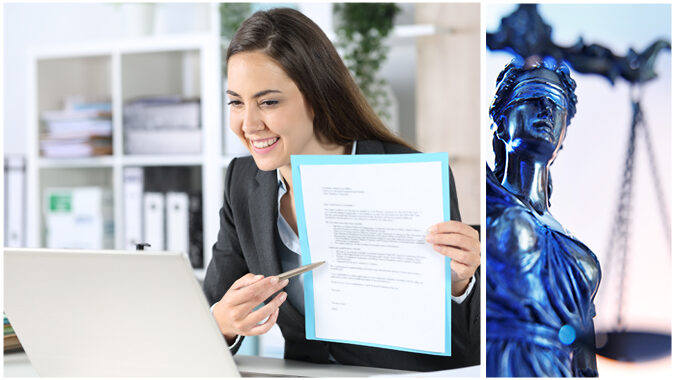



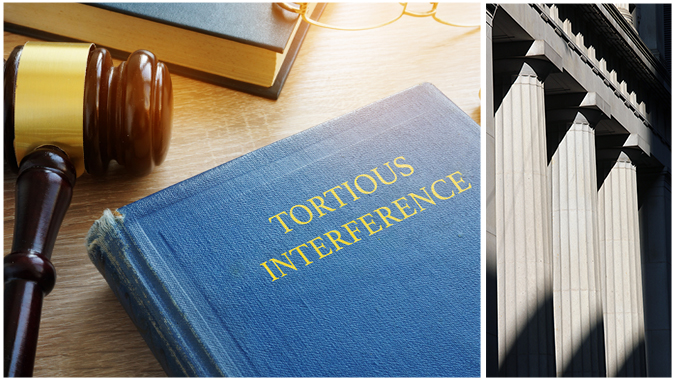
![The Litigator’s Guide to Evidentiary Objections: When to hold them and how to avoid mistakes (Including 1hr of Ethics) [2024 Edition]](https://mylawcle.com/wp-content/uploads/2024/03/The-Litigators-Guide-to-Evidentiary-Objections-When-to-hold-them-and-how-to-avoid-mistakes-Including-1hr-of-Ethics-2024-Edition_myLawCLE.jpg)
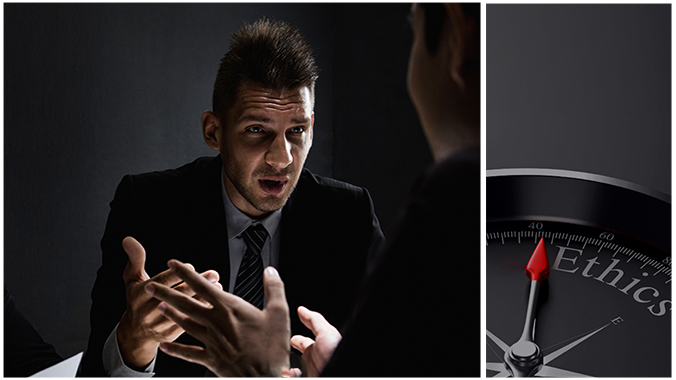


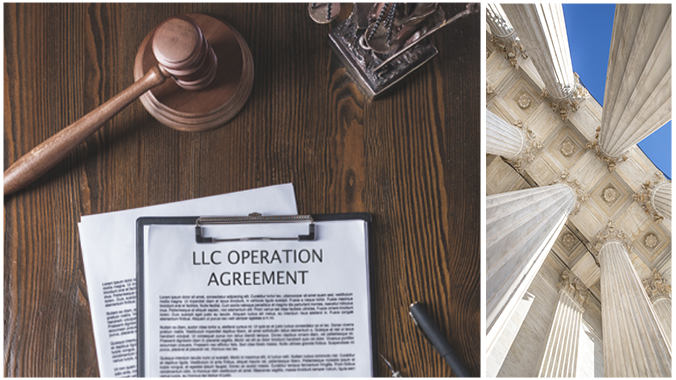





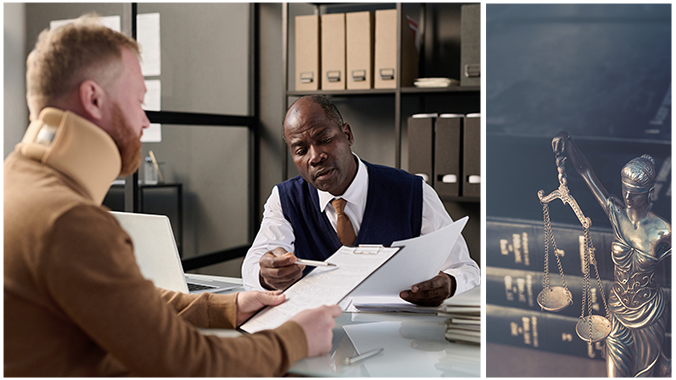
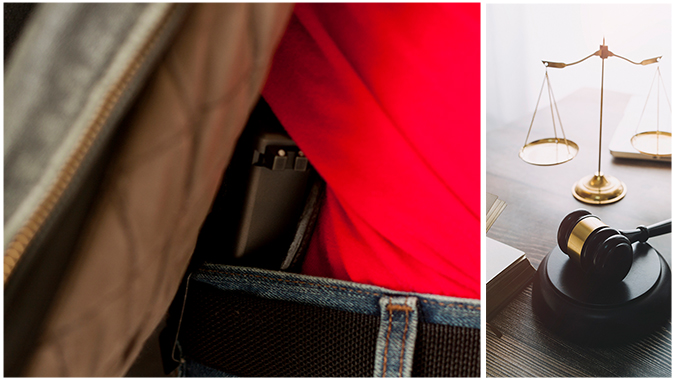




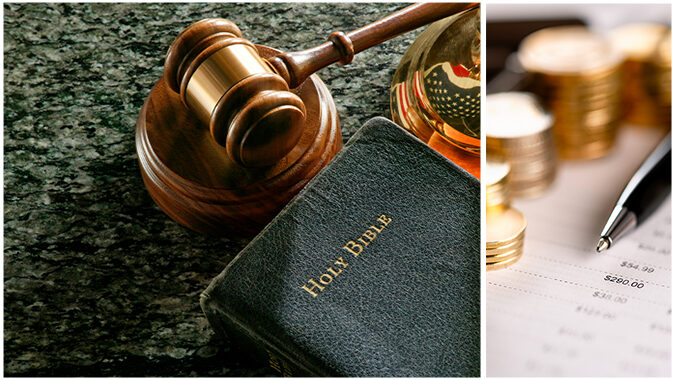
Upcoming CLE Webinars









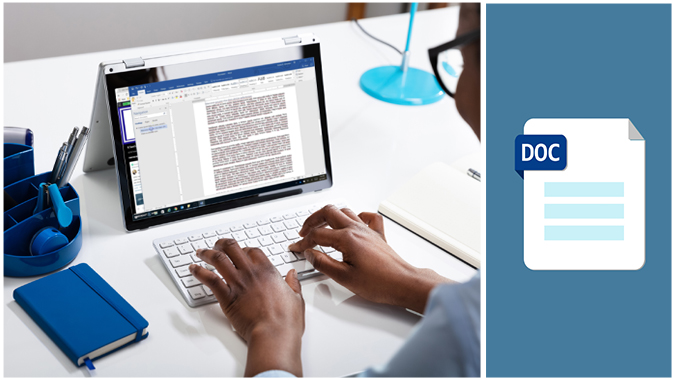

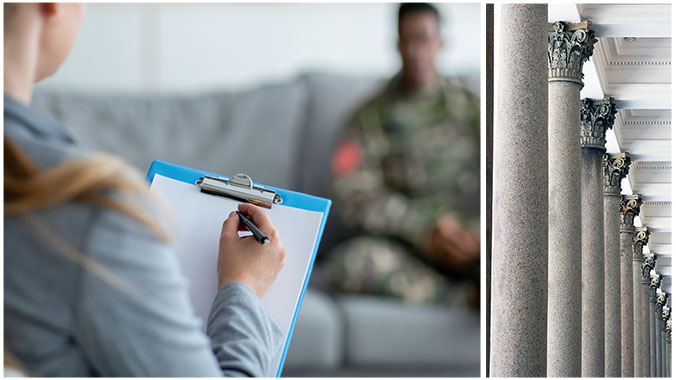
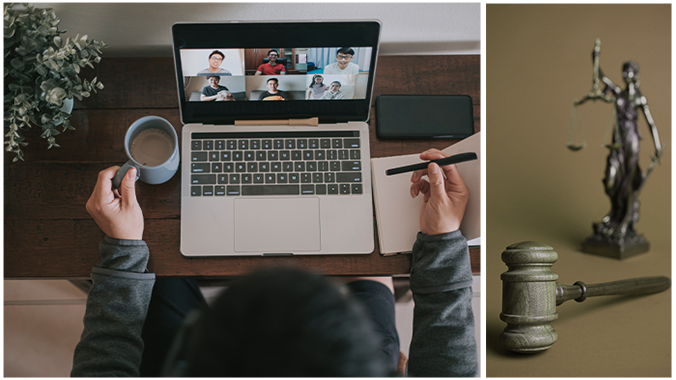
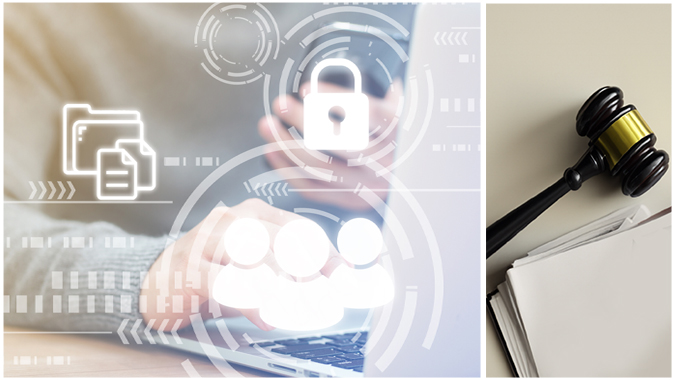

![The Litigator’s Guide to Evidentiary Objections: When to hold them and how to avoid mistakes (Including 1hr of Ethics) [2024 Edition]](https://mylawcle.com/wp-content/uploads/2024/03/The-Litigators-Guide-to-Evidentiary-Objections-When-to-hold-them-and-how-to-avoid-mistakes-Including-1hr-of-Ethics-2024-Edition_myLawCLE.jpg)


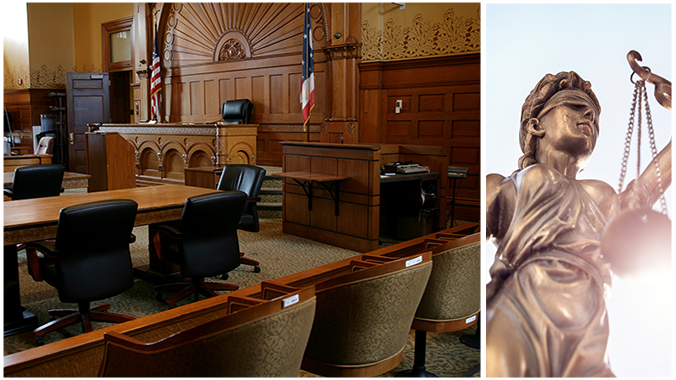
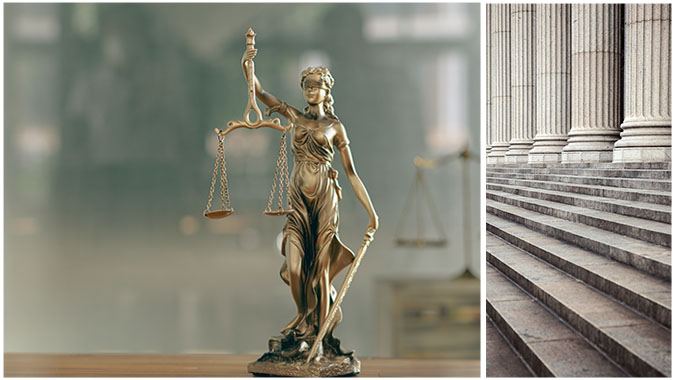
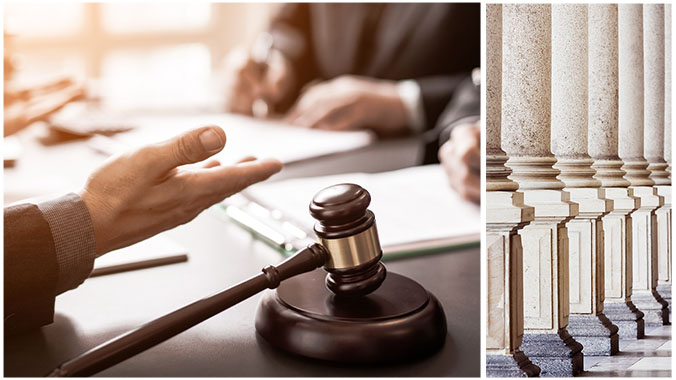

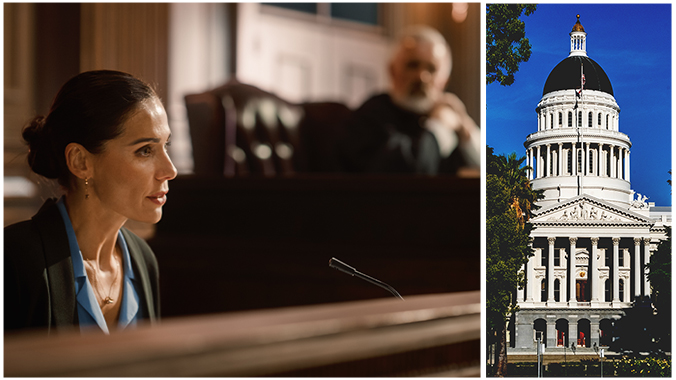



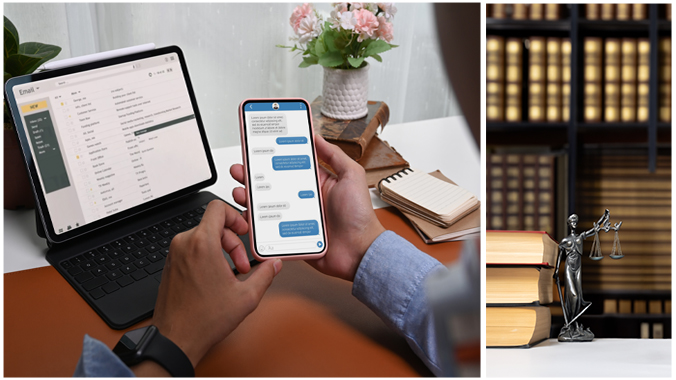







![Evidence 101 [Part 1]: Relevancy & company](https://mylawcle.com/wp-content/uploads/2024/07/Evidence-101_myLawCLE.jpg)
